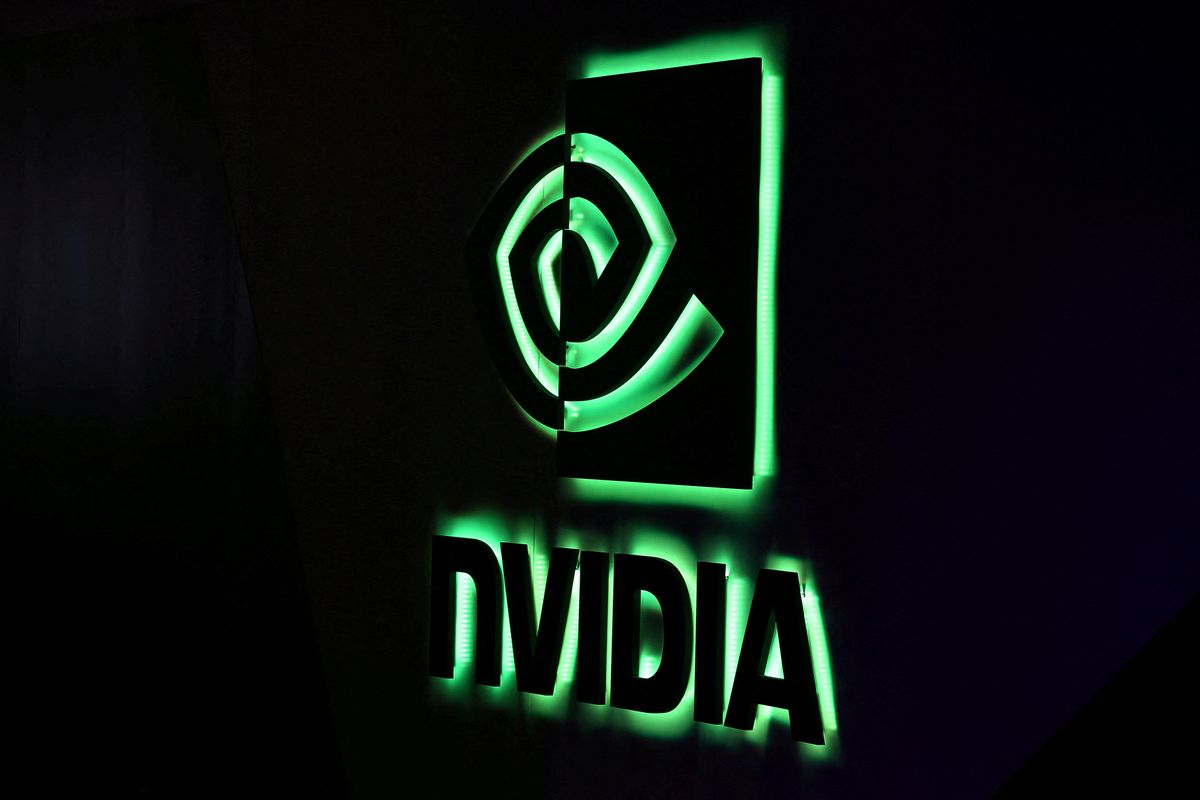The US may have plans to tighten export controls on more AI chips to China
Last September, US officials told Nvidia to hold off on exporting certain powerful computing chips to China.

A few minutes every morning is all you need.
Stay up to date on the world's Headlines and Human Stories. It's fun, it's factual, it's fluff-free.
The backstory: Last year, the US put some controls on exporting advanced microchips and the equipment to make them to China. The idea was to slow down China's progress in supercomputing, especially for things like nuclear weapons and AI (like Open AI's ChatGPT). These chips could be made anywhere in the world with US equipment, but China can't get its hands on them. The rules specifically targeted companies like Nvidia and Advanced Micro Devices (AMD) because their chips are used a lot in making AI systems like chatbots.
More recently: Last September, US officials told Nvidia to hold off on exporting certain powerful computing chips to China. This affected its two most advanced chips, the A100 and the newer H100, primarily. But the company then created alternative versions of these that would still qualify to be exported to Chinese companies. The company even gave one of them new names – the A800 and H800 chips. Now, these chips are being put to work by the cloud computing units of Chinese tech giants like Alibaba, Baidu and Tencent.
The development: The Biden administration is reportedly getting ready to tighten the rules on selling even those modified chips to China, according to The Wall Street Journal. The Commerce Department is expected to announce these changes as early as July, and it would make it tougher to sell even those modified chips to China without a license. Nvidia's CFO doesn't think it'll hurt the company’s earnings too much because its products are in high demand overall. On Wednesday, Chinese embassy spokesman Liu Pengyu pointed to these moves as an example of issues stifling developing discussions between the two countries.
Key comments:
"Communication first requires mutual respect and communication must deliver results," said Chinese embassy spokesman Liu Pengyu in a briefing. "We know that there are disputes on the semiconductor industry. But we haven't seen any positive initiatives from the US side to say, 'OK, how about we have communication on this issue?'"
"If the democratic side is not in the lead on the technology, and authoritarians get ahead, we put the whole of democracy and human rights at risk," said Eileen Donahoe, a former US ambassador to the UN Human Rights Council and now executive director of Stanford University's Global Digital Policy Incubator, to NBC.
"We are aware of reports that the US Department of Commerce is considering further controls that may restrict exports of A800 and our H800 products to China," said Nvidia CFO Colette Kress, referring to the company's chips at a financial conference on Wednesday. "However, given the strength of our demand for our products worldwide, we do not anticipate that such additional restrictions, if adopted, would have an immediate material impact on our financial results."
"We are working with our customers in China to satisfy their planned or future purchases with alternative products and may seek licenses where replacements aren't sufficient," said Nvidia in September. "The only current products that the new licensing requirement applies to are A100, H100 and systems such as DGX that include them."




Comments ()